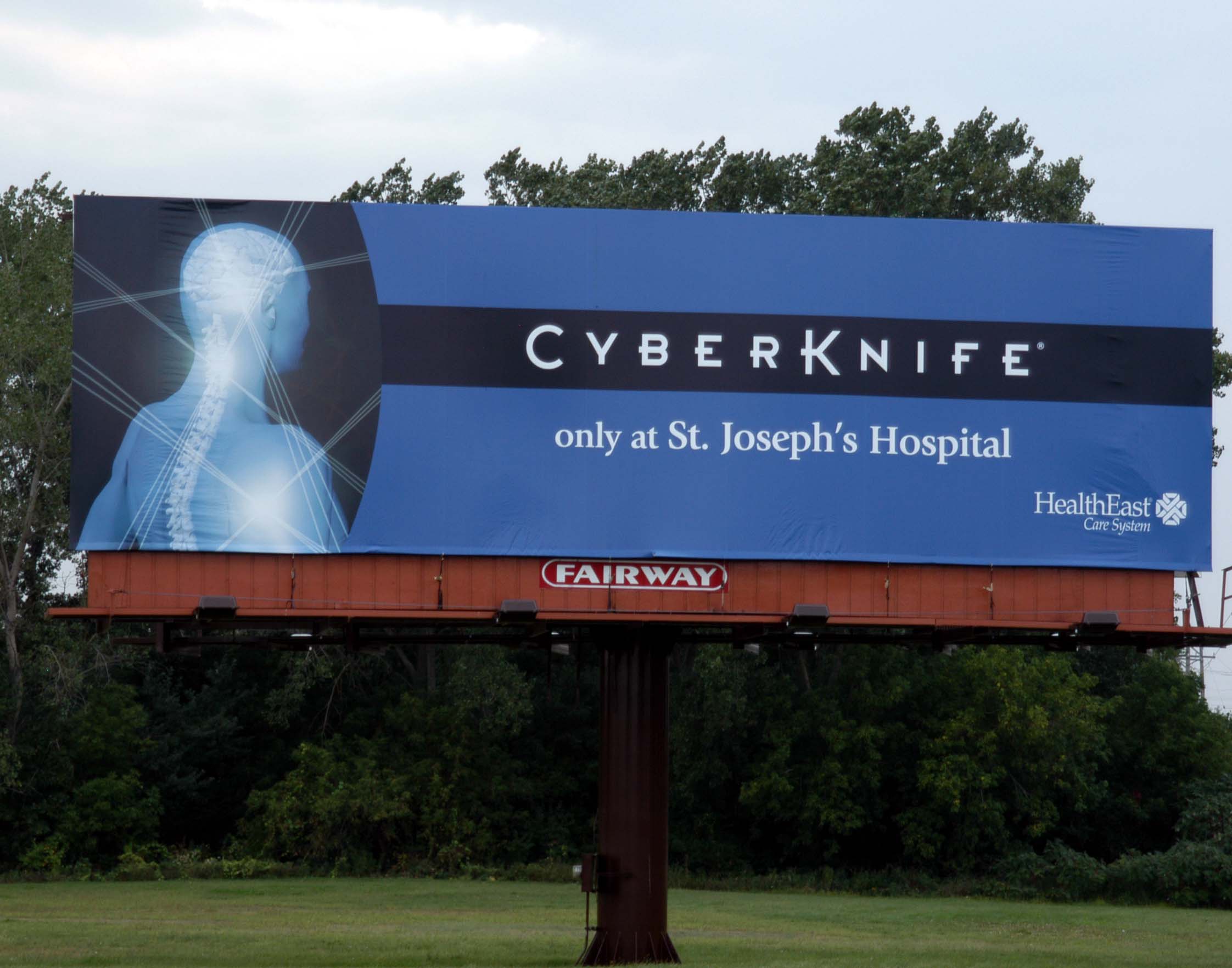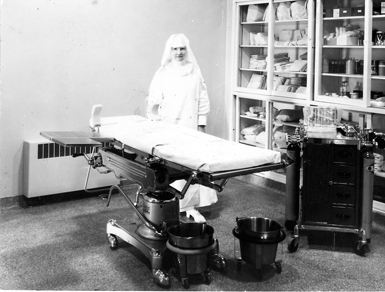It’s been over eight years since the Affordable Care Act (ACA) became law with NO republican votes. Since, we have had many political campaigns propped up on “Repeal!”, then “Repeal and Replace!” and now we have the decision of a Texas Federal judge that the whole thing should just go away. He bases his opinion on the fact that the Trump tax break for corporations and the wealthy passed last year overturned the individual mandate. OK. I get it. You Republicans don’t like the Affordable Care Act. But just what did you have in mind to get us out of this mess we are in?
Americans pay almost twice as much per person for healthcare as the next developed country in the world. And ALL of the other developed countries have universal coverage, either through a single payer plan or regulated private insurers like the ACA was headed toward. So just what do you Republicans have in mind for us? I hear all these “free market” and charity care notions. Is that the direction you want to take a 21st century American economy? It’s about time we heard your plan. Obstruction politics is getting old, don’t you think?
Most Americans get their health insurance from their workplace. If they have a medical condition, they then become a slave of that expensive benefit. If they try to change employers, thanks to the Texas judge who heard from lawyers with Republican support and funding, their preexisting condition can exclude them from coverage. If they don’t have a medical problem, they just think they could start a business on their own that might be a real economic driver, now they can’t afford to buy their own or their employees’ coverage since the individual marketplace is in shambles, thanks to eight years of republican obstruction. The ACA tried to address this. It didn’t very successfully, since there was no real congressional oversight of the individual health insurance marketplace for the last 8 years, thanks to Republican posturing.
And that’s what it’s all about here is posturing. Strike the pose that gets the crowd roaring. I guess we can afford to waste this time. We are all so comfortable with our Netflix and ATV’s that we don’t see the money we are wasting on this health care industrial complex. After all, it’s only a $20 Trillion-dollar national debt we hand to our children, and if our economy just grows at 5%, then that will all disappear. I am not comforted.
Where are the Republican ideas? Is it too painful to admit that the ACA was actually a pretty conservative plan put forth by a charismatic Democratic president who had to twist a lot of left arms to get it to pass? Is it too painful to admit that the ACA resembles Romney’s plan for Massachusetts or McCain’s 2008 plan? I’m sorry it is so painful, but we need you Republicans to start giving us some answers. And please, one without a promise that the Mexicans will pay for it.
We have serious issues regarding our national health care. Why can’t we have serious discussions about the solutions? Do you republicans who hate the individual mandate think all people should have health insurance? Do you republicans who have fought the individual market place think health care coverage should be portable and affordable for people who don’t get insurance through their big employer? Come on, let us know your plan. I’d love to hear it.










